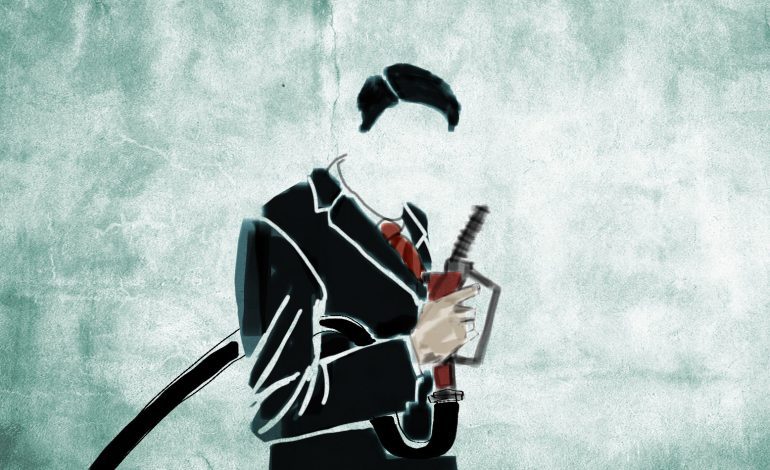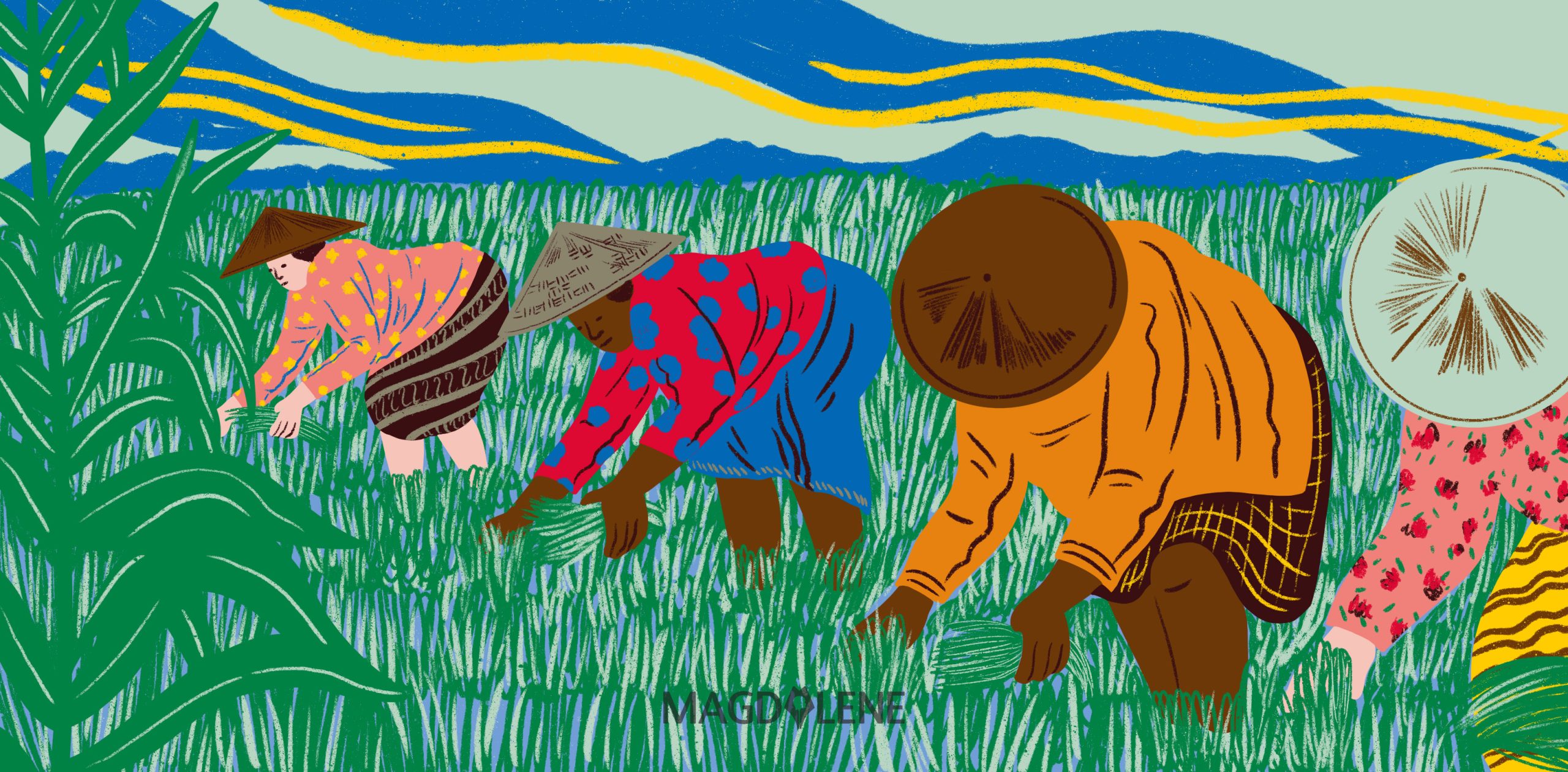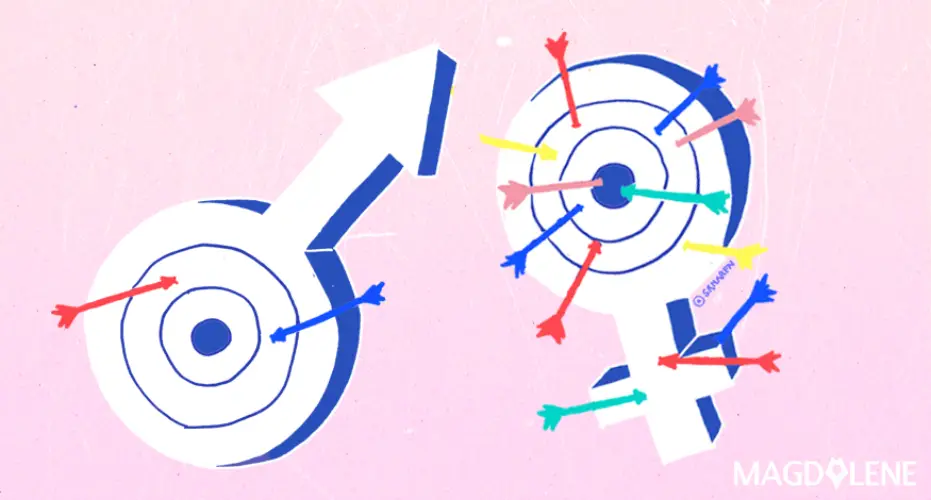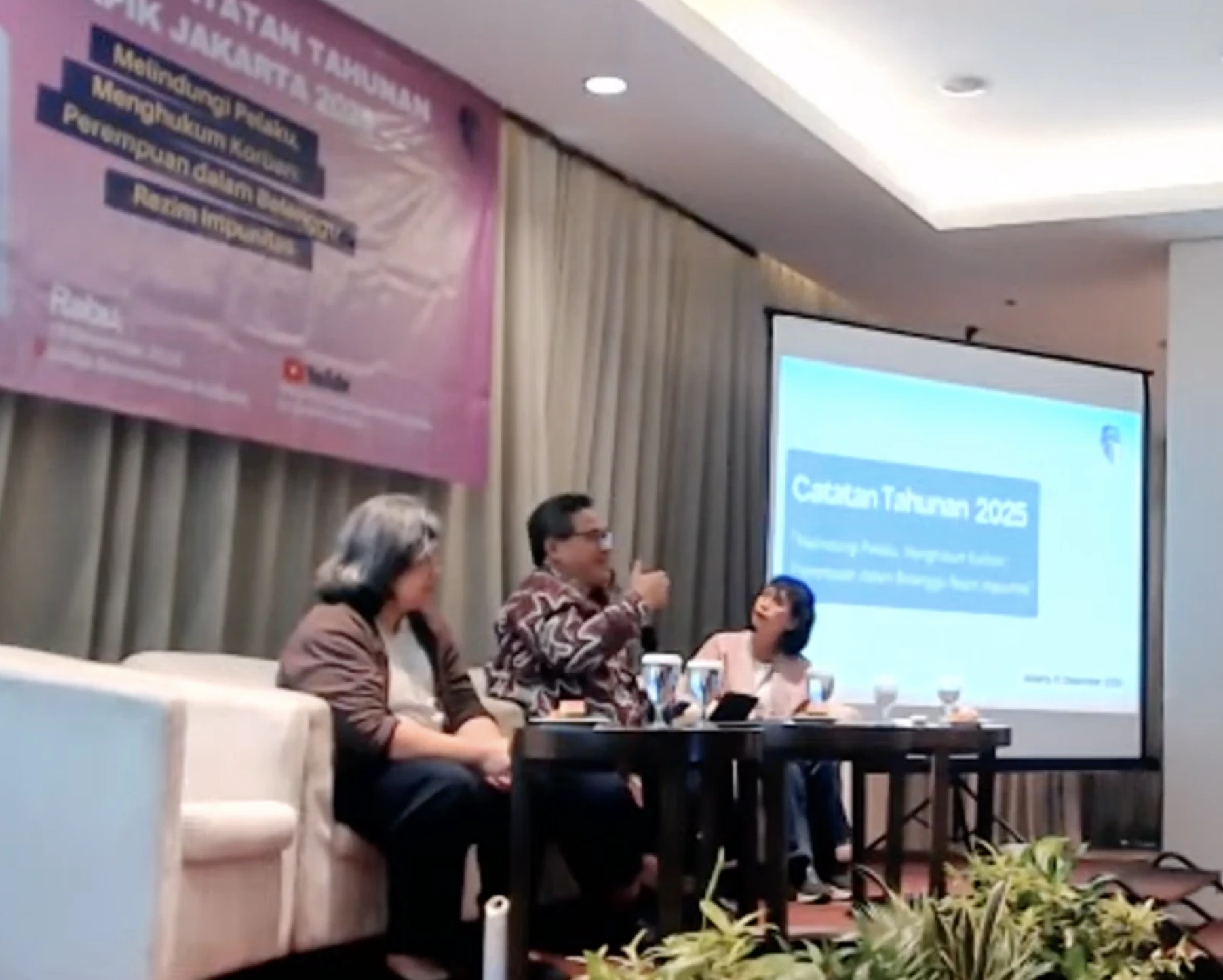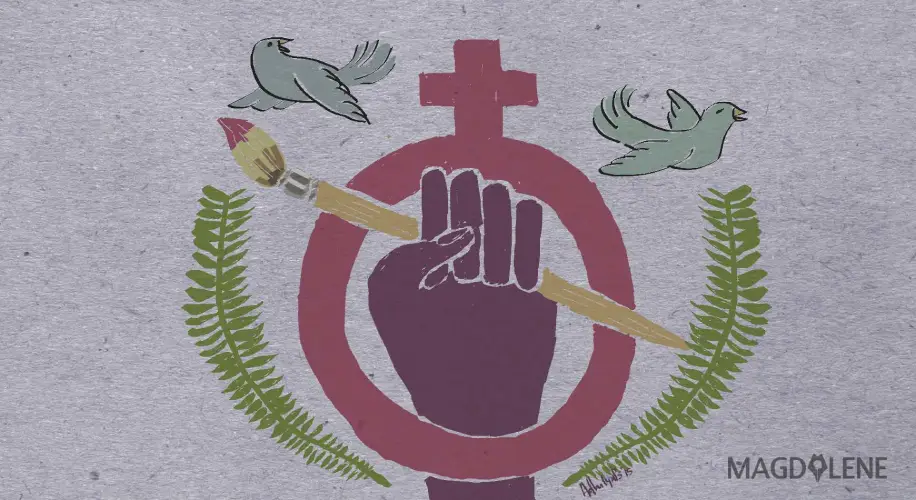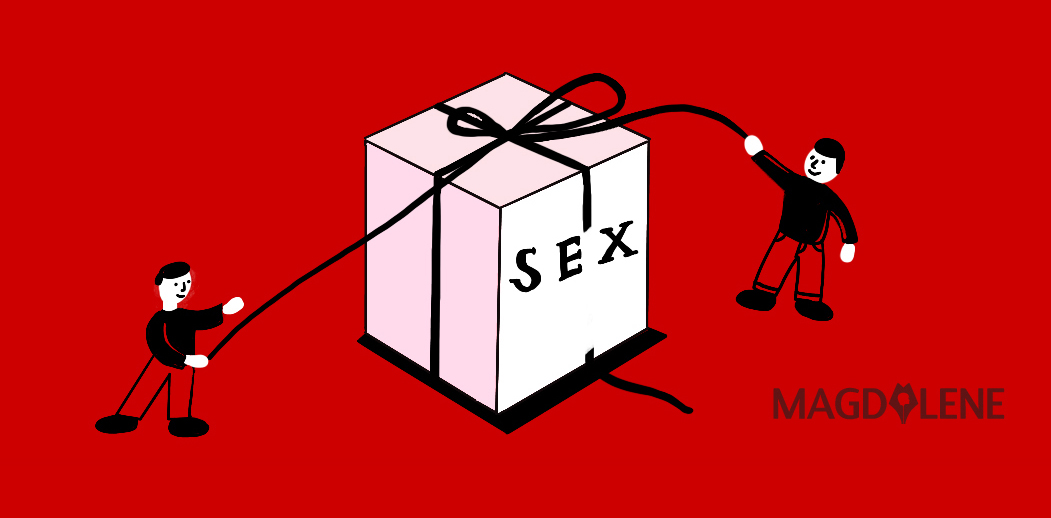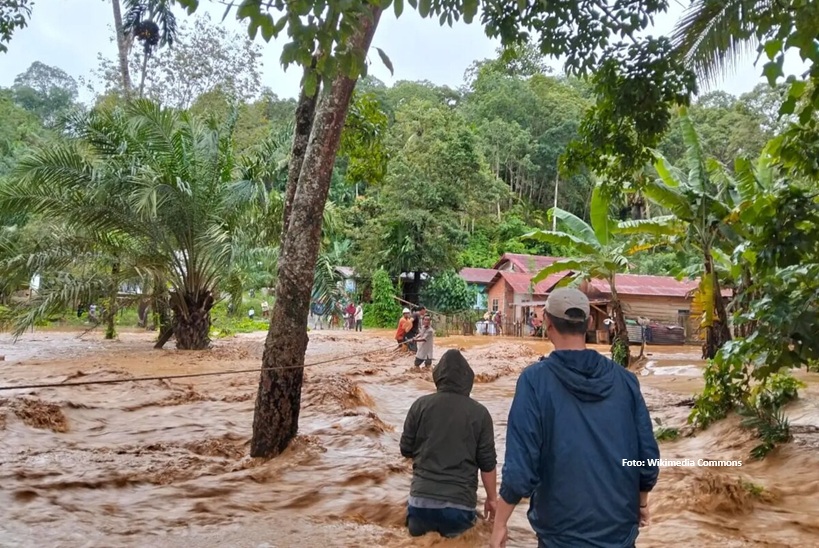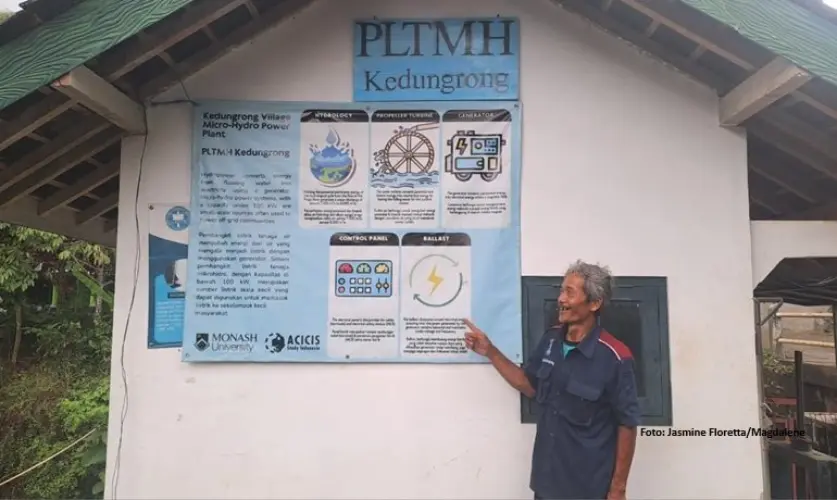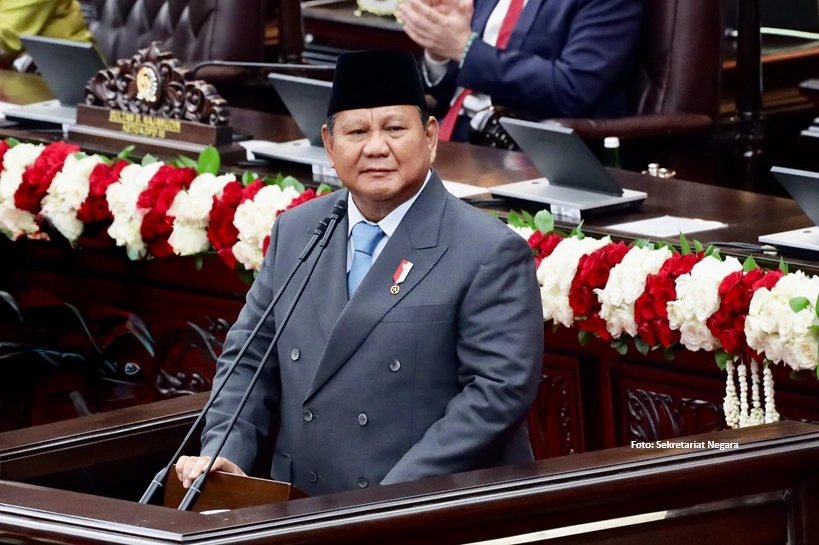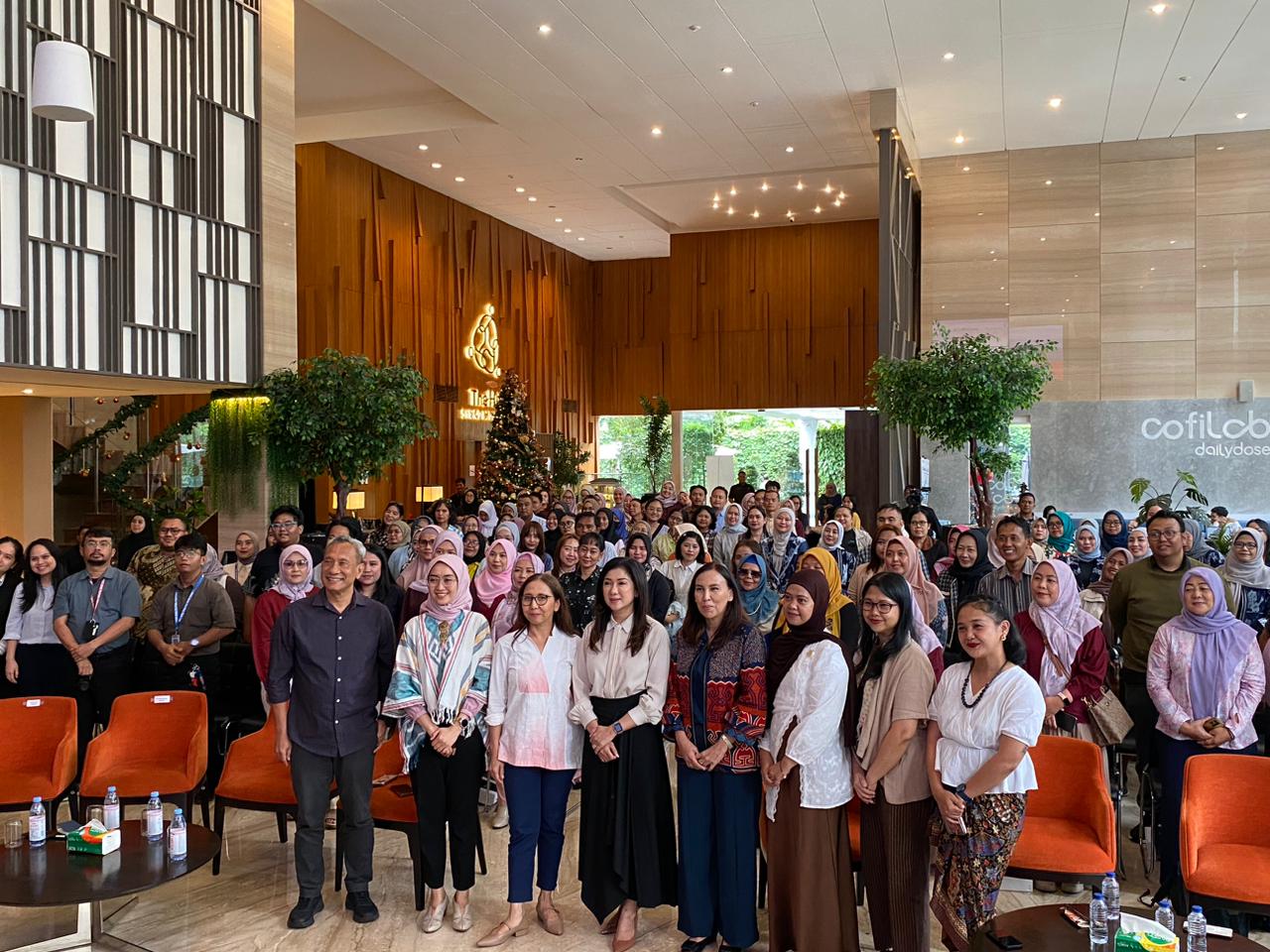Good-bye Small Talks, Hello Political Arguments!
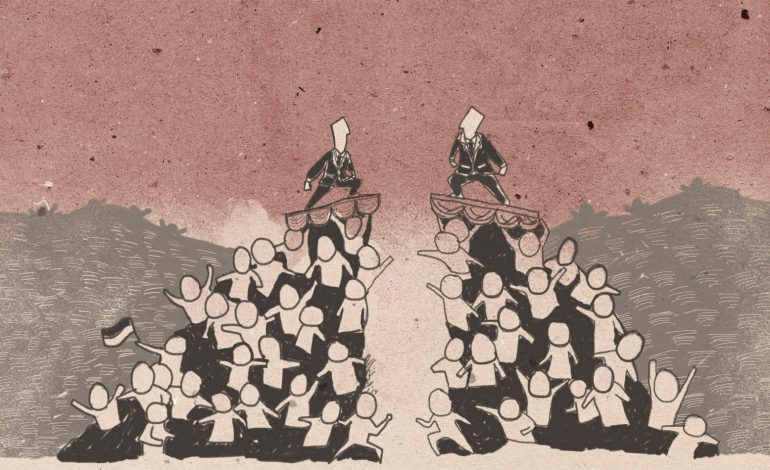
Like many Indonesians who depend on our smart phones to socialize, I belong to a few Whatsapp groups. One of them groups high school friends who are now upper-middle class housewives and career women.
Conversations in the group usually revolve around where to meet for karaoke or weekend brunch, or holiday plans, or children. Recently, though, the chat turned political and intense.
Like the rest of Indonesia, my friends are divided into supporters of the two presidential candidates: Jakarta Governor Joko Widodo (Jokowi) and former Army general Prabowo Subianto.
Political divisions may be common and may even turn hostile in the United States or other established democracies, but in Indonesia it is a new and fascinating phenomenon, and I would argue that it might even be good for the country. This is only the third time Indonesians will be directly electing a president, and the first time it is a two-horse race.
The chat group political debate began when the Jokowi’s supporters among its members were shocked to find out there were Prabowo’s supporters among us.
One person asked, “Have you forgotten 1998?”
A Prabowo supporter quickly replied, “No, I haven’t, I just see it from a different perspective.”
They were, of course, referring to the pro-democracy protests and anti-Chinese riots that led to the fall of the late dictator Suharto in 1998. Under Prabowo’s command, the Army Special Forces kidnapped and tortured some pro-democracy activists. Some of the victims were eventually released and even became Prabowo’s political party operatives, but others were never heard from again.
Prabowo, who was dismissed from the military in 1998 following the fall of President Suharto, his own father in law, has always denied having kidnapped anyone. Instead, he claimed that he simply carried out orders to detain people who were considered terrorists at the time. His supporters generally believe this explanation – thanks, partly, to hard work of his massively funded political machinery in overturning the sentiment against him.
Meanwhile, surveys’ early frontrunner Joko Widodo is known as a less articulate political novice whose popularity stems from his clean and humble image.

Jokowi’s visits to the slums, wet markets and flooded Jakarta business district while as Governor endears him to the constituents, but some find faults in his inability to explain his grand vision as president in nationally-televised debates, possibly narrowing his lead over Prabowo.
Jokowi is also behind his opponent in media influence. While the law requires the media to give balanced news reporting of political campaigns, TV networks in particular have been brazenly partial in their news coverage to the candidate their owners are affiliated with.
Unfortunately for Jokowi, his coalition only controls one news channel, whose ratings are meager compared to the three owned by members of Prabowo’s coalition.
The candidates also compete in social media. Jokowi has 1.6 million Twitter followers, while Prabowo has fewer than a million. But recently Prabowo was able to proudly post that his Facebook likes exceeds 6 million while Jokowi’s Facebook has 1.9 million likes.
What I think is encouraging amid the division is that for the first time since democracy, Indonesians really feel strongly about the two candidates.
Sure, many people still say that all politicians are money-hungry sleazeballs. No one here has the illusion that any president can stop the practices of bribery and other forms of corruption that are too common from the lowest-level of administration to the highest levels of government.
But this time around, people’s faith in either Jokowi or Prabowo makes them believe a change is possible.
Jokowi’s supporters believe change is possible because he is inherently an honest man with a hands-on style of leadership who will personally ensure that things will be done right.
Prabowo’s supporters believe it is possible because he is a strong and decisive leader who will be tough on anyone who refuses to toe the line.
Now what changes have they promised to bring if elected? Just about everything Indonesia needs. They have promised to boost growth, stop corruption, and build the infrastructure, among other things. To achieve them, there is practically no ideological difference between them – in fact, both have been accused of being too socialist in welfare policies, and protectionist when it comes to foreign trade and investment.
If one listens closely enough to their rhetoric, both have said they want to keep raising the minimum wage, while at the same time growing labor-intensive industries.
They also want foreign companies to come and pay for massive projects that the government cannot afford to fund, but they will make sure the foreigners will not reap a massive return on their investment. Good luck with that.
Then there are promises to cut fuel subsidies, something that Indonesia really needs, but is too politically risky a move. Does anyone truly believe that either Jokowi or Prabowo can do it without strong oppositions in Parliament and in street protests as the current administration has faced?
But back to why I reckon this is all a good thing, with all the attention and with every promise recorded on the mainstream media and social media outlets, there is hope that whoever wins will be kept in line by the 250-million strong Indonesians who will not let him forget his words.
If he does forget, the more politically engaged Indonesians will make sure that he is out in five years. And that is how Indonesian democracy will mature.
About Alice B
Alice is a news junkie and does what she loves. When she’s not watching TV or browsing the Internet, she tries to burn at least 600 calories a day from running, cycling or swimming. Most of the time she fails.


